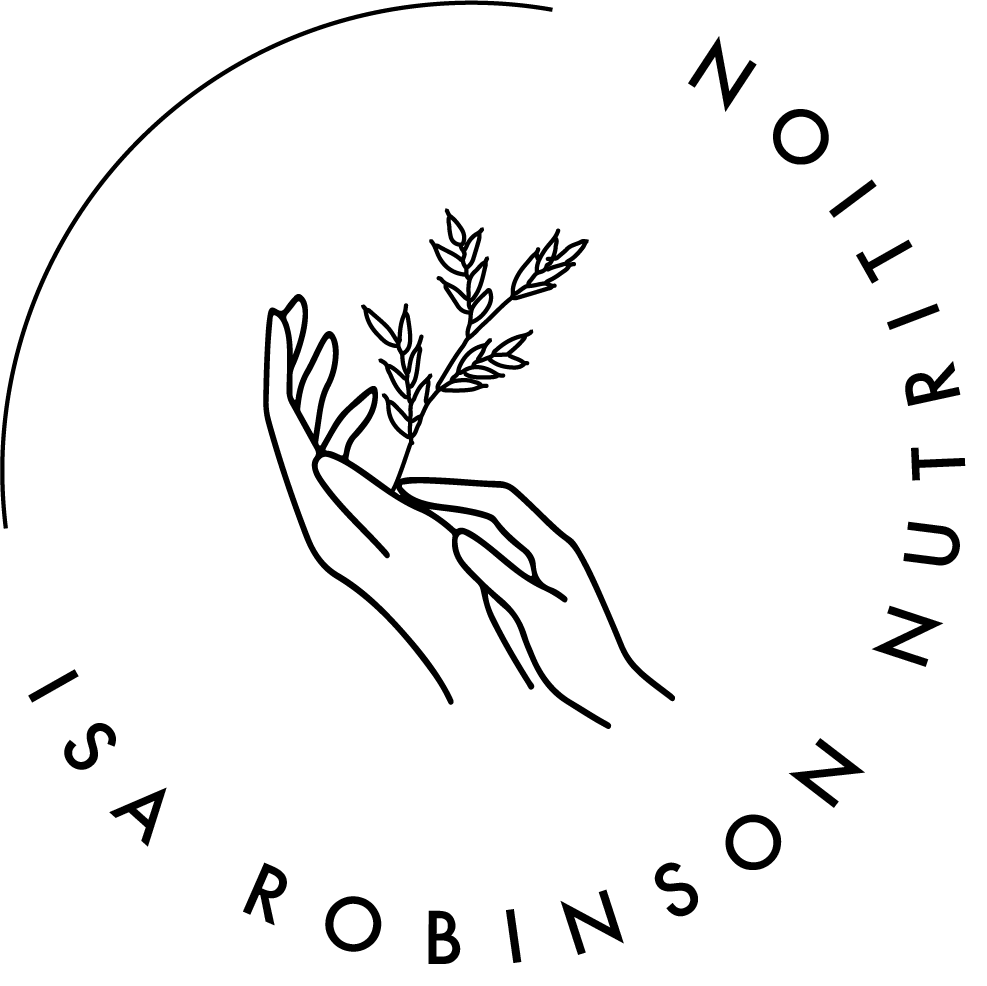What is Pseudo-Dieting and why is it Harmful?
It’s not a diet it’s a lifestyle, or is it?…
What is Pseudo-dieting?
Pseudo-dieting may not be being on a “diet diet” per se, e.g. Keto diet or Atkins diet, but still having the diet mentality bound up in eating e.g. rules around food or the pursuit of weight loss etc.
Sneaky diet culture has hidden diets under the guise of “health”, “wellness” and “lifestyle”, and many of us may be (pseudo)-dieting without even realising it! No matter how well-intentioned our behaviours and beliefs are, engaging in restrictive eating (knowingly or not) can make us vulnerable to the pitfalls of dieting, including physical and psychological harm.
Examples of Pseudo-dieting (adapted from ‘Intuitive Eating’ by Evelyn Tribole and Elyse Resch) (1):
Counting macros/ calories/ carbs.
Eating only “safe” foods.
Eating only at certain times of the day.
Eating only “healthy” or “clean” foods.
Cutting back on food before special occasions or after deliberately, instead of listening to your body.
Second-guessing yourself or judging what you deserve to eat based on what you’ve already eaten that day/ week.
Compensating for eating “bad” foods with exercise/ restriction.
Curbing hunger with coffee, diet coke, or gum.
Having “cheat” meals.
Becoming vegan, paleo, gluten-free for the pursuit (often secret) of weight loss.
You can use the above list to question if your way of eating is a diet under the guise of a “lifestyle” or “health” regime.
Why is this even an issue?
So what’s really the problem I hear you say?
Well, dieting has harmful side effects and pseudo-dieting can have the same side effects but can be trickier to spot. Some of these side effects include “last supper” eating, which is the tendency to increase food consumption, especially of foods you don’t think you’ll be having again, before food restriction (aka dieting). Research has shown that this type of eating can lead to more frequent episodes of loss of control eating and binge eating (2).
(Pseudo)-dieting is also associated with a raised cortisol (stress hormone) levels, adding to the normal stress we experience day-to-day (3). Dieting is inherently stressful both physiologically (we are under nourishing our bodies and potentially withholding necessary food groups like carbohydrates), and psychologically. For example, increased vigilance around food, adherence to rules and additional stress about certain foods, food groups and social occasions where these may be present. Social withdrawal can be a common side effect of both diets and pseudo-diets. It’s hard to have strict rules around food and just head out to a restaurant with friends for drinks and dinner.
Cognitive dietary restraint is the perceived continuing effort to restrict dietary intake to manage body weight. It refers to the ongoing mental energy directed at limiting food, abiding by pre-determined portion sizes or other rules to modulate weight (4). Although traditionally the literature has focussed on weight, mental efforts may also be for the intention of improving “health” and following a "pure" diet. This may link more to pseudo-diets, often in the name of “wellness”. A key point about cognitive dietary restraint is that it’s related to the mental energy and not the actual actions that follow e.g. restricting or going ahead and “breaking a diet rule”. Cognitive dietary restraint is so important to understand because studies have shown high levels of it have been associated with hypothalamic amenorrhoea, immune dysfunction, inflammation, compromised bone health, blood pressure and performance and memory (5). These are consequences that we typically associate with actual energy/nutrient restriction and reduced body weight, but actually, these negative impacts of cognitive dietary restraint may occur irrespective of BMI.
Pseudo-diets, much like diet diets can also create a feeling of a loss of control around eating which can lead to yo-yo dieting. This has been associated with high blood pressure, chronic inflammation, loss of muscle tissue, higher death rate, higher risk of osteoporotic fractures and gallstones (6).
The harmful effects of dieting can also include feeling guilt or shame when eating “badly”, lower self-esteem, lower self-worth, emotional distress and emotional eating. This kind of eating is also based on external rules, rather than self-care or wisdom from the body, meaning it disconnects us from our body’s innate hunger and fulness cues and ultimately disconnects us from nourishing our body.
Pseudo-dieting behaviours can be difficult to identify in ourselves because diet culture has morphed itself into “health” and “lifestyle” to convince us that we are not really on a diet but rather we are looking after our “heath”.
Stepping away from diet culture can be difficult as it is entrenched in our society. Not pursuing weight loss can be seen as an act of rebellion and eating enough food can be deemed radical “health” advice. This is the relentless diet culture that we are facing right now, but disentangling ourselves from this mess is not impossible.
Intuitive eating is an evidence-based framework to help individuals heal their relationship with food and body. It can help to move away from the diet mentality and relearn how to nourish your body based on its innate internal cues. It can be helpful to receive guidance and support to help you achieve this.
References
(1) https://read.macmillan.com/lp/intuitive-eating-4th-edition/
(2) https://pubmed.ncbi.nlm.nih.gov/12003461/
(3) https://pubmed.ncbi.nlm.nih.gov/20368473/
(4) https://academic.oup.com/biomedgerontology/article/61/6/628/589490




